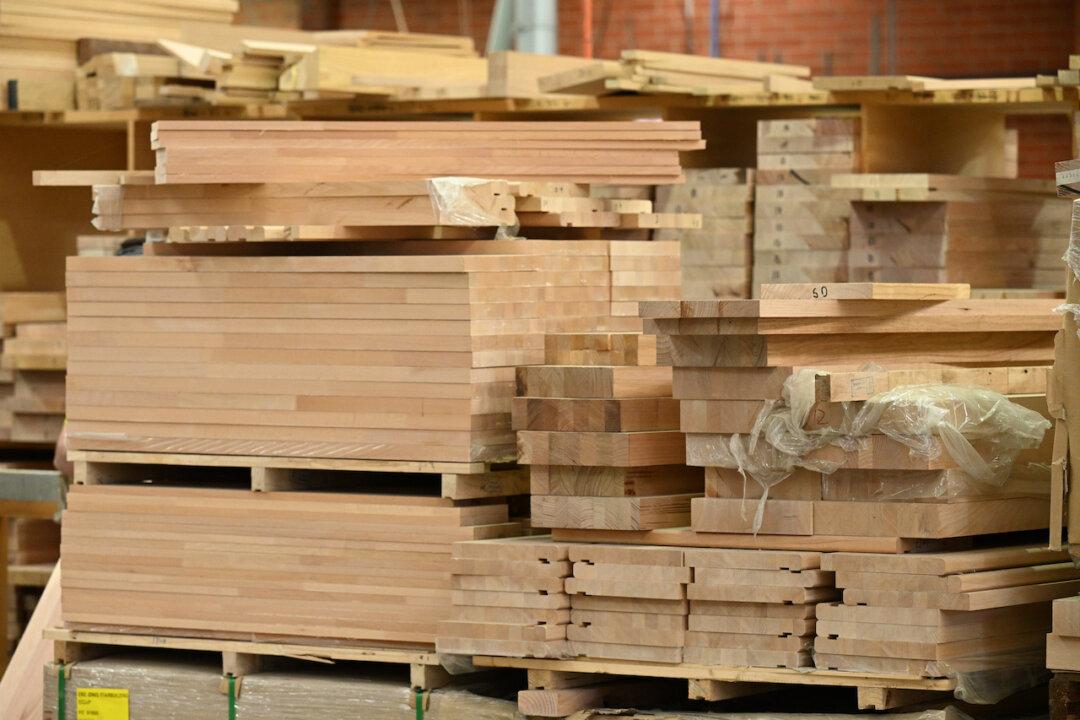After three years of tit-for-tat trade disputes, the Chinese Communist Party (CCP) has confirmed it will resume its importation of Australian timber—effective immediately.
In a rare media appearance, Beijing’s ambassador to Canberra, Xiao Qian, told reporters that the central government’s decision was based on a “serious study” provided to Beijing by Australia on the quarantine risks of Australian timber, which “have satisfied the conditions of the Chinese Customs.”





